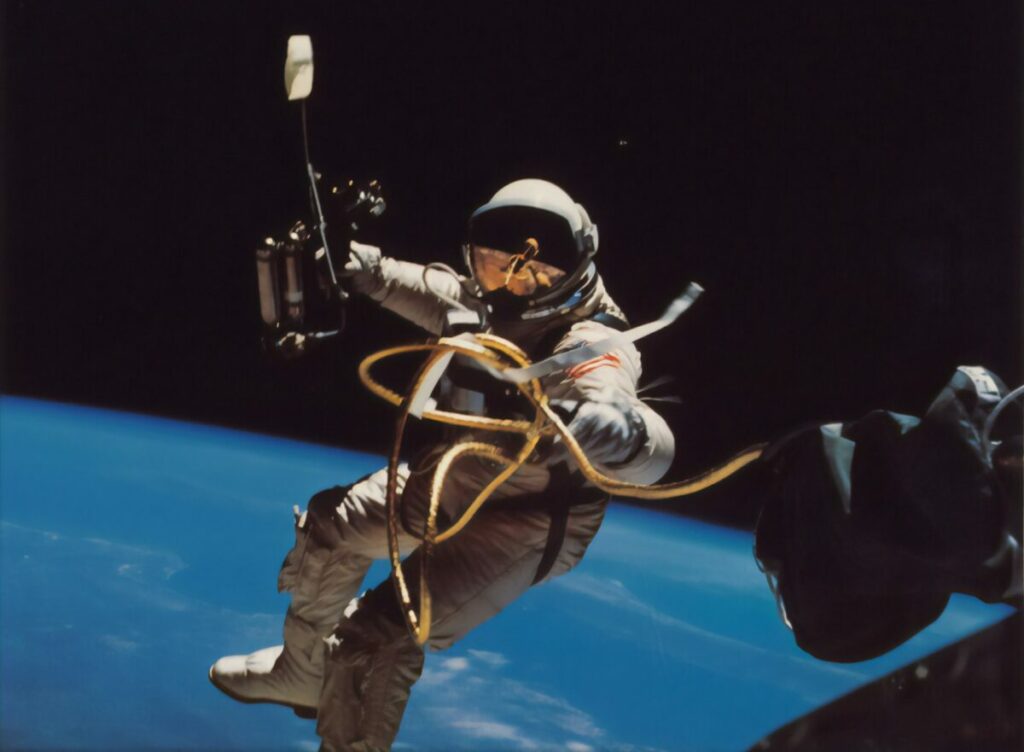Recent research has shown that the brain of astronauts, who had stayed in space for a long time, have increased in volume.
A lot of astronauts who stayed on the International Space Station (ISS) seem to experience swelling of the optic nerve, along with a surplus of fluid that expands the actual volume of their brains.
“When you’re in microgravity, fluid such as your venous blood no longer pools toward your lower extremities but redistributes headward,” says Larry Kramer, professor at the University of Texas Health Science Center at Houston, and lead author of the study published in the journal Radiology. “That movement of fluid toward your head may be one of the mechanisms causing changes we are observing in the eye and intracranial compartment.”
By comparing MRI(magnetic resonance imaging) brain scans of 10 male and 1 female astronaut taken before and after traveling to the international space station, they found that long exposure to microgravity caused expansions in their brains and cerebrospinal fluid (the clear liquid that acts as a buffer for the brain). The brain remained in this state for a complete year after coming back, according to the researchers.
“What we identified that no one has really identified before is that there is a significant increase of volume in the brain’s white matter from preflight to postflight,” Kramer said in the statement. “White matter expansion, in fact, is responsible for the largest increase in combined brain and cerebrospinal fluid volumes postflight.”
The study also found that microgravity affects the most important gland i.e the pituitary gland (a pea-sized gland that plays a central role in regulating vital body functions) by deforms and slightly shrinking it. “We found that the pituitary gland loses height and is smaller postflight than it was preflight,” Kramer explained.
While deformations and swelling of the brain sound dangerous, the changes in volume were comparable to patients who spent long periods of time in bed.
Long-term effects on the overall health of this brain expanding effect of space travel is still not entirely understood. Symptoms of a similar syndrome called “normal pressure hydrocephalus” wherein fluids accumulate in the brain causing its ventricles to become enlarged causing difficulty walking, bladder problems and dementia were not observed in astronauts.
Scientists are investigating solutions to solve this problem, they are considering ways like building artificial gravity and special space suits which can squeeze the blood up to the brain.
Research published in journal Radiology

